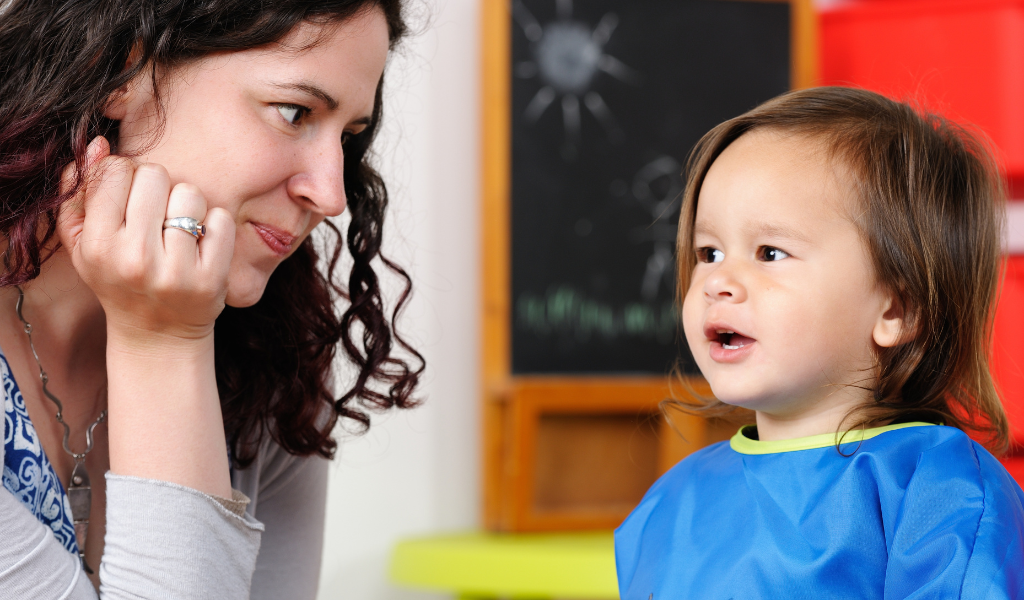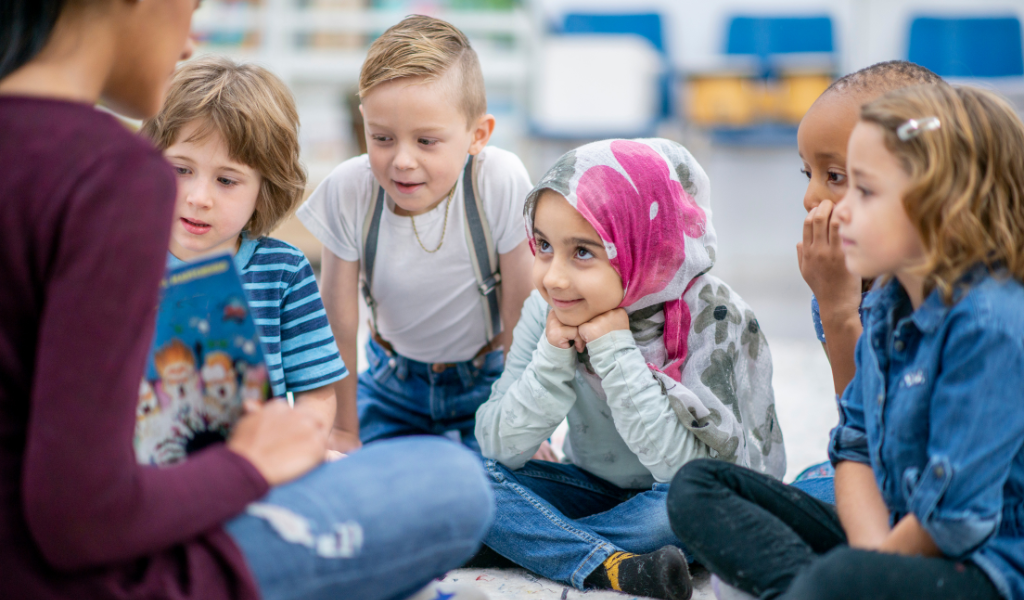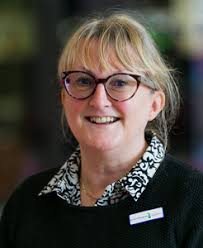The EYFS Statutory Framework in England gives us four Overarching Principles, the first of which is The Unique Child. This is an interesting concept – how does this actually manifest itself? What does being ‘unique’ mean and what does it look like? How often is the child seen as an individual? How do we know? Why does it matter?
In a piece entitled Your Image of the Child: Where Teaching Begins, Loris Malaguzzi writes –
The environment you construct around you and the children also reflects this image you have about the child. There’s a difference between the environment that you are able to build based on a preconceived image of the child and the environment that you can build that is based on the child you see in front of you — the relationship you build with the child, the games you play.
This is a powerful statement, and I have deliberately highlighted ‘preconceived image’. A few years ago I was visiting a school where a very profound thing was said to me by a child. In response to me saying, ‘Look, lots of little people’ when I saw the line of children coming back from lunch, he looked up at me and said ‘We aren’t little people, we are children’. This was a real penny drop moment for me as the boy was quite right. Children are so often othered, and this is particularly the case for the youngest. Unfortunately it is all too easy to overlook that children have agency, ideas, opinions, thoughts, views, worries, fears – the list is endless.

The United Nations Convention on the Rights of the Child enshrines this thinking –
Every child has the right to express their views, feelings and wishes in all matters affecting them, and to have their views considered and taken seriously. This right applies at all times, for example during immigration proceedings, housing decisions or the child’s day-to-day home life.
Every child must be free to express their thoughts and opinions and to access all kinds of information, as long as it is within the law.
Education must develop every child’s personality, talents and abilities to the full. It must encourage the child’s respect for human rights, as well as respect for their parents, their own and other cultures, and the environment.

What factors do we need to consider? There is a great deal to reflect on here, and it involves everyone who forms part of the Early Childhood environment – both emotionally and physically. And it is important that we do, as it is easy to overlook the unique child. In this way it is useful to use these three questions as a reflective framework –
And then apply them to the core elements of our work. For example –
The unique child is the centre of the process. Or should be.

Dr Sue Allingham started her career as a teacher and an Early Years Lead before becoming a Local Authority Early Years Adviser. Moving into research, Sue gained an MA then a Doctorate, both in Early Childhood Education. She is now an Independent Consultant, Author and Trainer, with publications on Transitions in the Early Years and Emotional Literacy in the Early Years.
References: